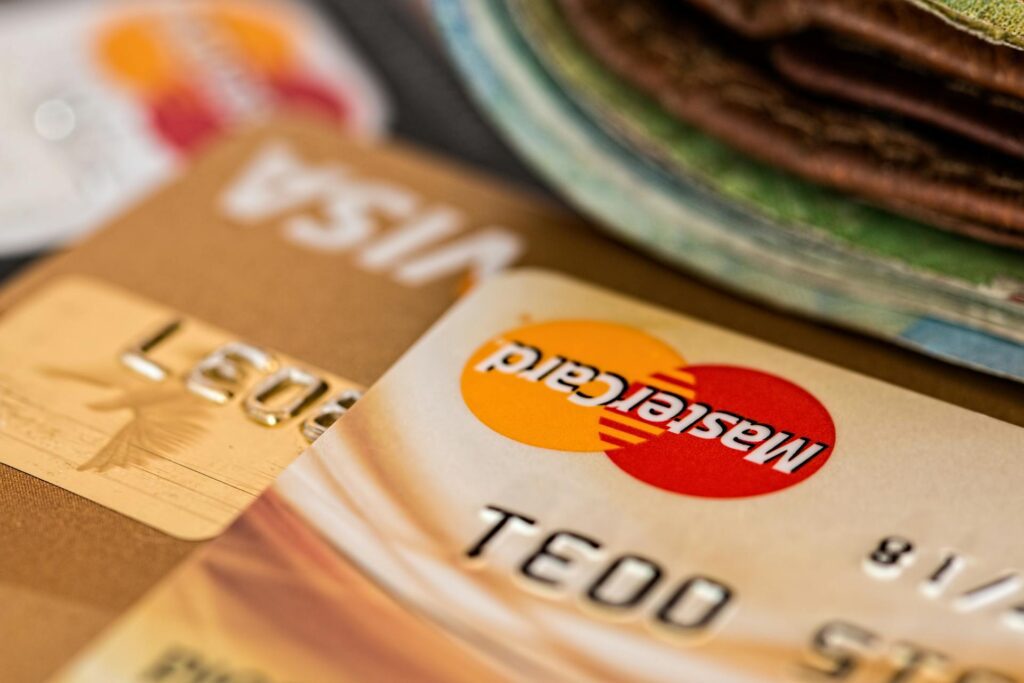Bank cards have become an essential part of daily life, used by millions for shopping in stores, online purchases, and withdrawing cash. Despite their popularity, many people still confuse debit and credit card functions. Understanding these differences helps make smarter financial decisions, avoid unnecessary fees, and manage funds more efficiently.
Understanding debit cards and their daily benefits
A debit card is directly linked to your personal bank account, allowing you to spend only the money you have. It provides immediate access to funds and helps control spending, making it a practical tool for budgeting. Using a debit card prevents accumulation of debt, as purchases are limited to the account balance.
Debit cards are ideal for routine spending such as grocery shopping, paying bills, or online purchases. They offer convenience and safety without interest charges. However, debit cards may have limitations for international transactions. Booking hotels, renting cars, or purchasing certain airline tickets often requires a credit card due to travel-specific policies.
Financial analyst Dr. Angela R. Smith from the University of London notes: “Debit cards are excellent for daily expenses, but travelers should always carry a credit card to avoid declined transactions in hotels or car rentals.”
Credit cards offer flexibility and additional perks
Credit cards function like debit cards for everyday use, but they provide a credit limit — money lent by the bank for spending. This flexibility allows larger purchases, unexpected expenses, and efficient cash flow management. Credit limits are determined individually based on financial history and card type.
For example, a €1,000 limit is immediately available for use, but represents borrowed money. If repaid on time, interest is not charged. Many credit cards offer additional benefits such as shopping and travel insurance, which can extend to family members for added security abroad.
According to financial consultant James Thompson in New York: “Credit cards are tools for flexibility. Their benefits, such as rewards points, travel protection, and insurance coverage, can significantly enhance your financial management when used responsibly.”
While credit cards provide convenience, responsible use is essential. Overspending can quickly lead to debt and interest charges. Banks often provide cards with no credit limit for users who want credit card benefits without borrowing. These cards allow access to cashback, rewards programs, and insurance coverage while minimizing financial risk.
Key considerations for choosing the right card
Choosing the right card depends on lifestyle, spending habits, and financial goals. There is no universal solution. Debit cards are best for daily spending and budget control, whereas credit cards are suitable for flexible spending or additional benefits.
When selecting a card, consider your personal and family finances, monthly expenses, and spending patterns. Comparing fees, services, and usage limits is essential. Look beyond monthly fees and consider benefits like travel insurance, rewards programs, and online security features.
Modern hybrid cards combine debit and credit functionalities, offering both convenience and flexibility without compromising financial control. These are ideal for individuals seeking versatile solutions.
Common mistakes to avoid when using bank cards
Frequent mistakes include misunderstanding debit and credit card differences. Using a debit card for transactions requiring credit can lead to declined payments, while mismanaging credit cards can result in debt and interest.
Other errors include neglecting card fees, failing to monitor spending, or overlooking benefits such as travel insurance and rewards points. Regularly reviewing card statements and understanding terms prevents pitfalls and ensures maximum benefit.
Practical advice for daily use
Follow these practical tips to optimize card use:
- Use a debit card for everyday expenses to stay within your budget and avoid debt.
- Keep a credit card for emergencies or travel purchases for added flexibility and protection.
- Compare cards carefully based on fees, rewards, and benefits rather than brand alone.
- Monitor spending regularly to maintain financial discipline.
- Consider hybrid cards for the combined benefits of debit and credit without extra risk.
Financial researcher Prof. Maria Gonzalez from the University of Madrid adds: “Implementing structured financial habits, like separating daily spending on debit cards and emergency purchases on credit cards, improves long-term financial stability.”
Additionally, a recent European Banking Authority study shows that 62% of users who track their card spending regularly report fewer overdrafts and better financial planning compared to those who do not.
Statistics and expert insights
Global banking data from 2024 highlights:
- Over 70% of Europeans carry at least one debit card for daily purchases.
- Approximately 55% of credit cardholders use their cards for travel or online purchases monthly.
- Hybrid cards are rising in popularity, now representing 18% of new bank card issuance in 2024.
According to Dr. Thomas Weaver, an economist at Harvard Business School: “Understanding the strategic use of debit versus credit can save users hundreds of euros annually in interest and fees.”
Conclusion
Choosing the right bank card is a personal decision influenced by lifestyle, financial habits, and goals. Debit cards offer simplicity and budget control, while credit cards provide flexibility and additional benefits. Hybrid cards combine advantages of both, offering a practical solution for modern financial needs.
By understanding differences, using cards responsibly, and leveraging benefits like travel insurance and rewards, individuals can manage finances effectively and avoid unnecessary fees or debt. Structured spending, regular review of statements, and informed choice of card type are key to maximizing benefits.
In summary, debit cards are perfect for daily spending, credit cards provide flexibility and perks, and hybrid cards offer the best of both worlds. Compare, plan, and use cards wisely to make them a valuable tool for financial management and long-term stability.









